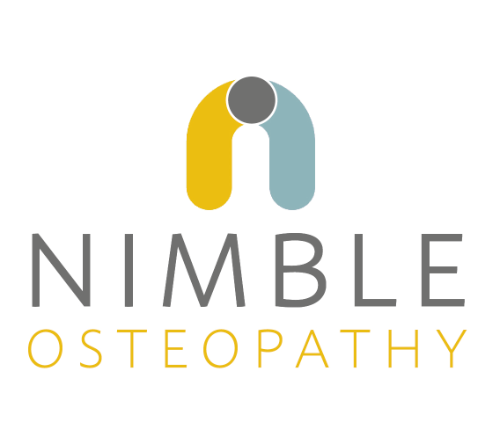
A good friend of mine, and now sadly an ex colleague, recently sent me a link to an article about touch starvation. More explicitly, the negative effects of touch starvation, aka “this pandemic”.
Being fortunate to a) live with my partner, and b) have a partner who is a manual therapist, I hadn’t noticed this until I visited my mum a couple of weeks back. When she opened the door to me, I suddenly stopped, the realisation dawning that I couldn’t hug her. Now obviously I knew this in theory. But the practice of this felt really rather different. Like many others, my mum lives alone, she has had very little interaction with neighbours and friends since lockdown began and her weekly ‘Thursday clap’ (sorry, but I can’t help but snigger at the phrase) and the kindness of strangers saying “hi” to her on a walk has been the most excitement she has had.
After our meet up she text me saying it had been lovely just to see me and hear my opinions on ‘the situation’ (disclaimer: I have been phoning and FaceTiming, but we all know, it is not the same).
Back to the article.
Touch has been a popular research topic for many years and will continue to do so as we learn more and more about the human psyche.
With the socially distanced way we have been living over recent years; solo living, working from home and social media ‘connections’, we have slowly started to realise the negative effect that modern living has had on our mental health. The pandemic has simply exaggerated this and possibly made more of us aware.

The article explains how without touch, ‘humans deteriorate physically and emotionally’.
Touch is a sensation that is hard wired by the brain and nervous system to be a pleasant sensation. When social animals, like humans don’t get to be a) social or b) have physical contact, it affects our wellbeing. One of the physiological ways of explaining this is by looking at the nervous system. In particular, the tenth cranial nerve, The Vagus Nerve. When you touch the skin, pressure sensors in the body stimulate the Vagus nerve. The article states that “as vagal activity increases, the nervous system slows down, heart rate and blood pressure decrease, and your brain waves show relaxation. Levels of stress hormones such as cortisol are also decreased. In other words, human touch is biologically good for you. Being touched makes humans feel calmer, happier, and more sane.”
As we start to extract ourselves from lockdown, most of us can consider meeting up with friends and loved ones, which should help relieve some of the anxiety of the last months. But while social distancing remains ‘de rigueur’ , touch, remains off limits for many.
There is a solution; other than the two fold benefit of visiting your osteopath (1. pain relief, 2. the many positive benefits of touch). It may not be as powerful a benefit as being touched by someone else, but giving yourself a massage, be it your feet or your scalp, will have a positive effect on your wellbeing.
Receiving touch later in the day may also help to improve your sleep pattern, as touch has an added benefit of releasing Serotonin (low serotonin is linked with insomnia, low mood and anxiety).
The article states “If you move the skin before going to bed, you’ll have deeper sleep, which is critical because Substance P is emitted during deep sleep. (Substance P is a neurotransmitter that affects pain perception, stress, and our emotional responses).”
One final idea for receiving the benefit of touch without actually touching another human, could be to hug yours (or someone else – shhh -don’t say I suggested it) pet, if you’re not already doing that!

Thats all from us for now.
Stay Safe. Stay in touch. Stay well.
References:
Original article: https://www.wired.co.uk/article/skin-hunger-coronavirus-human-touch
More reading: https://link.springer.com/article/10.1007/s40750-016-0052-x

Recent Comments